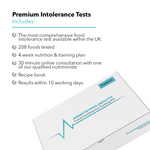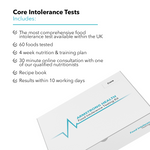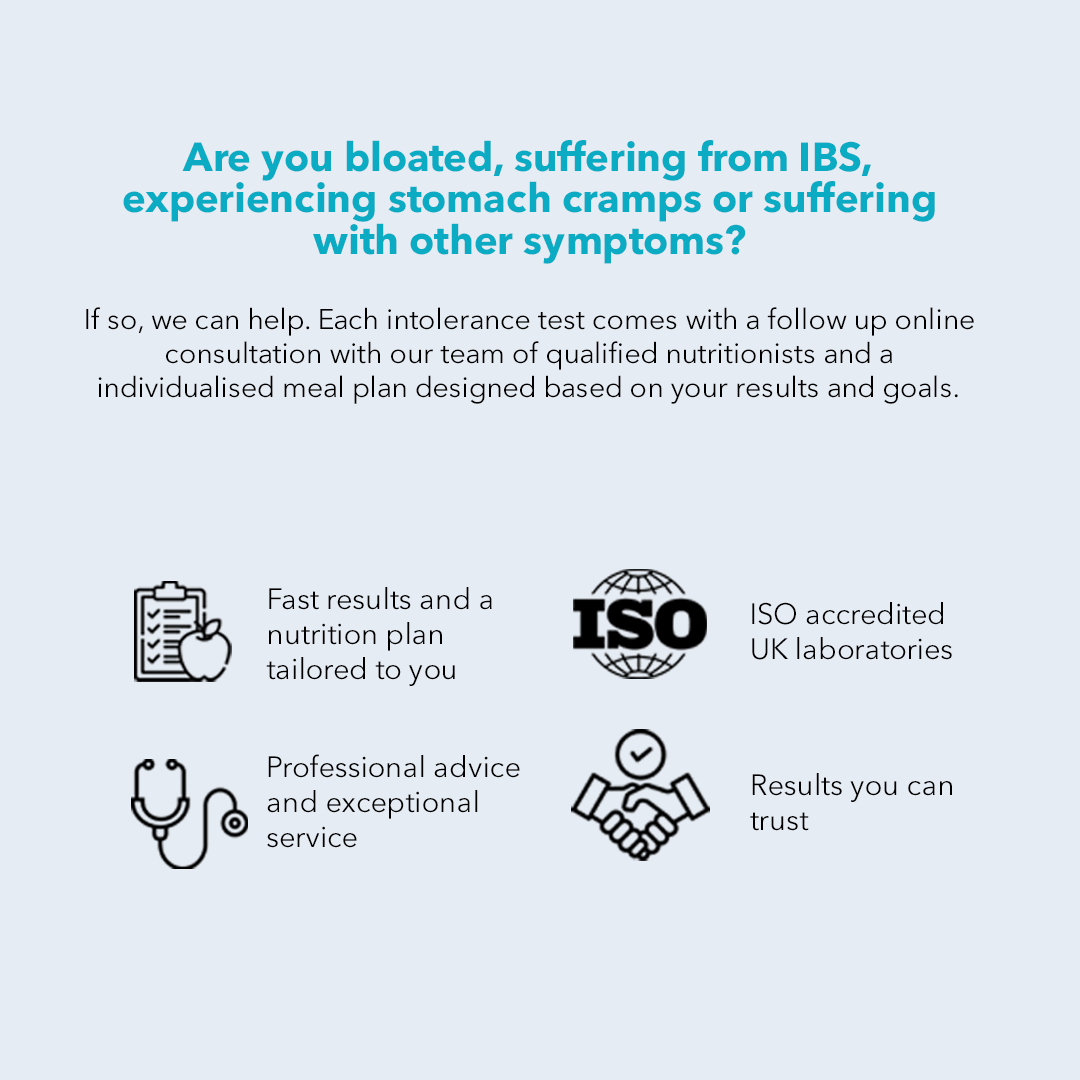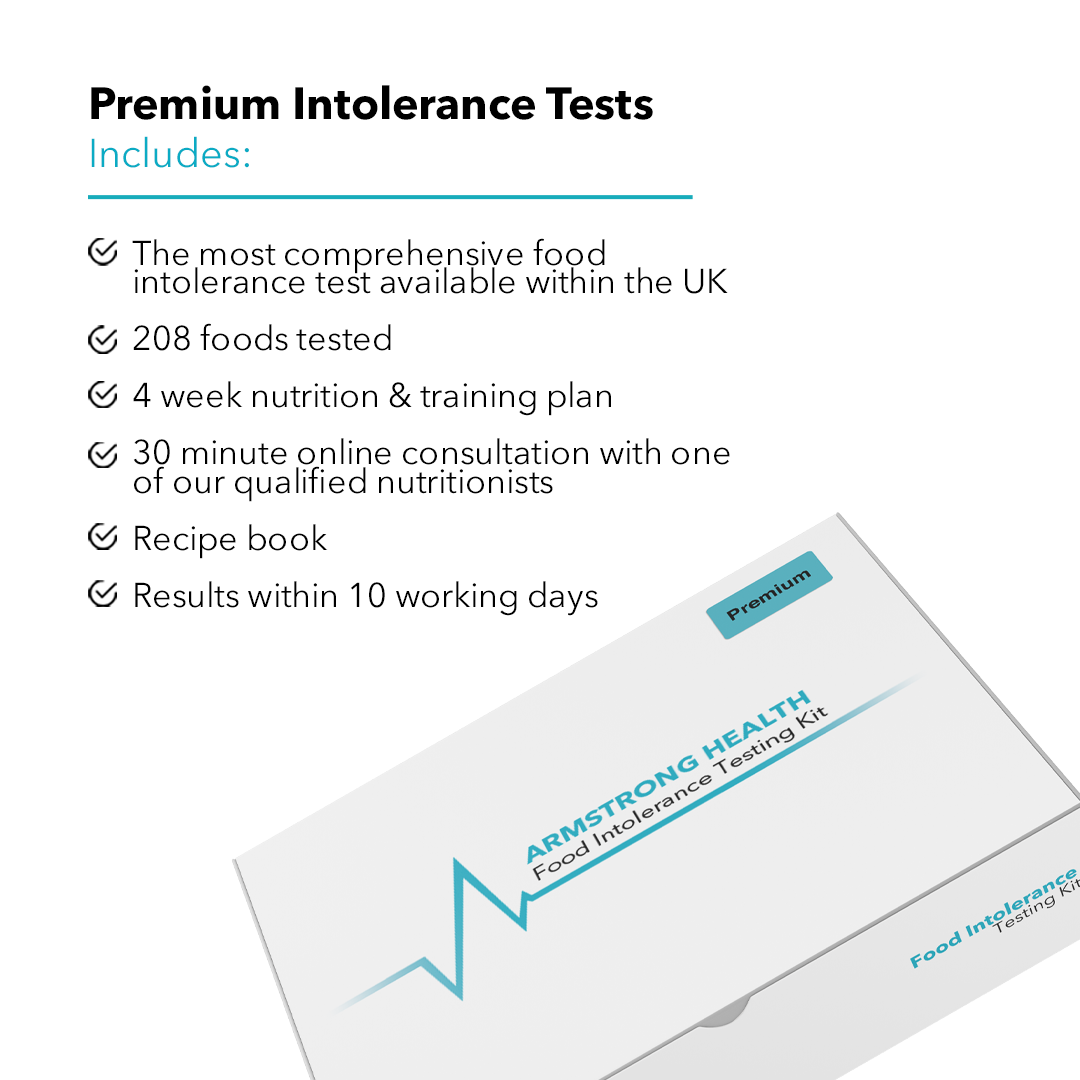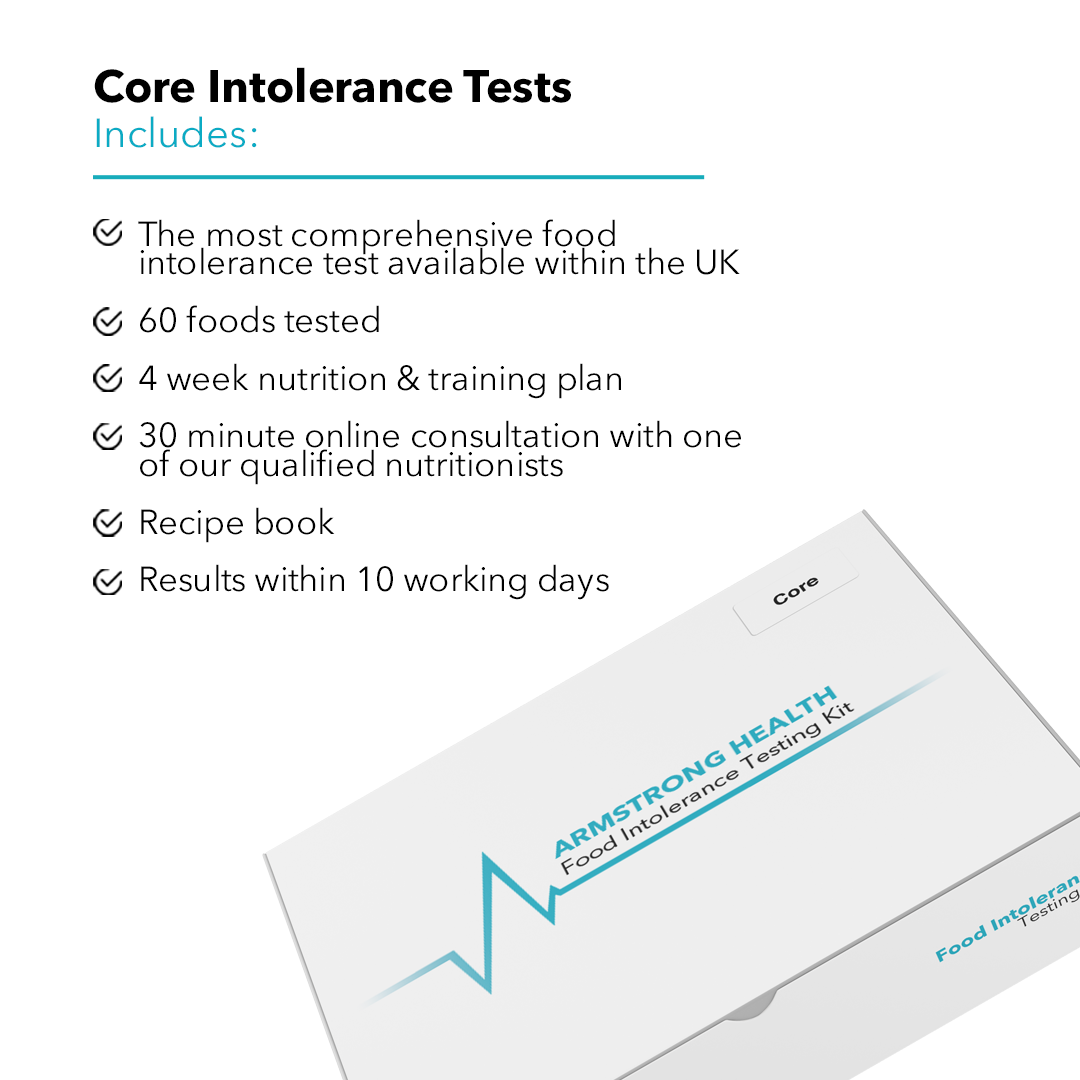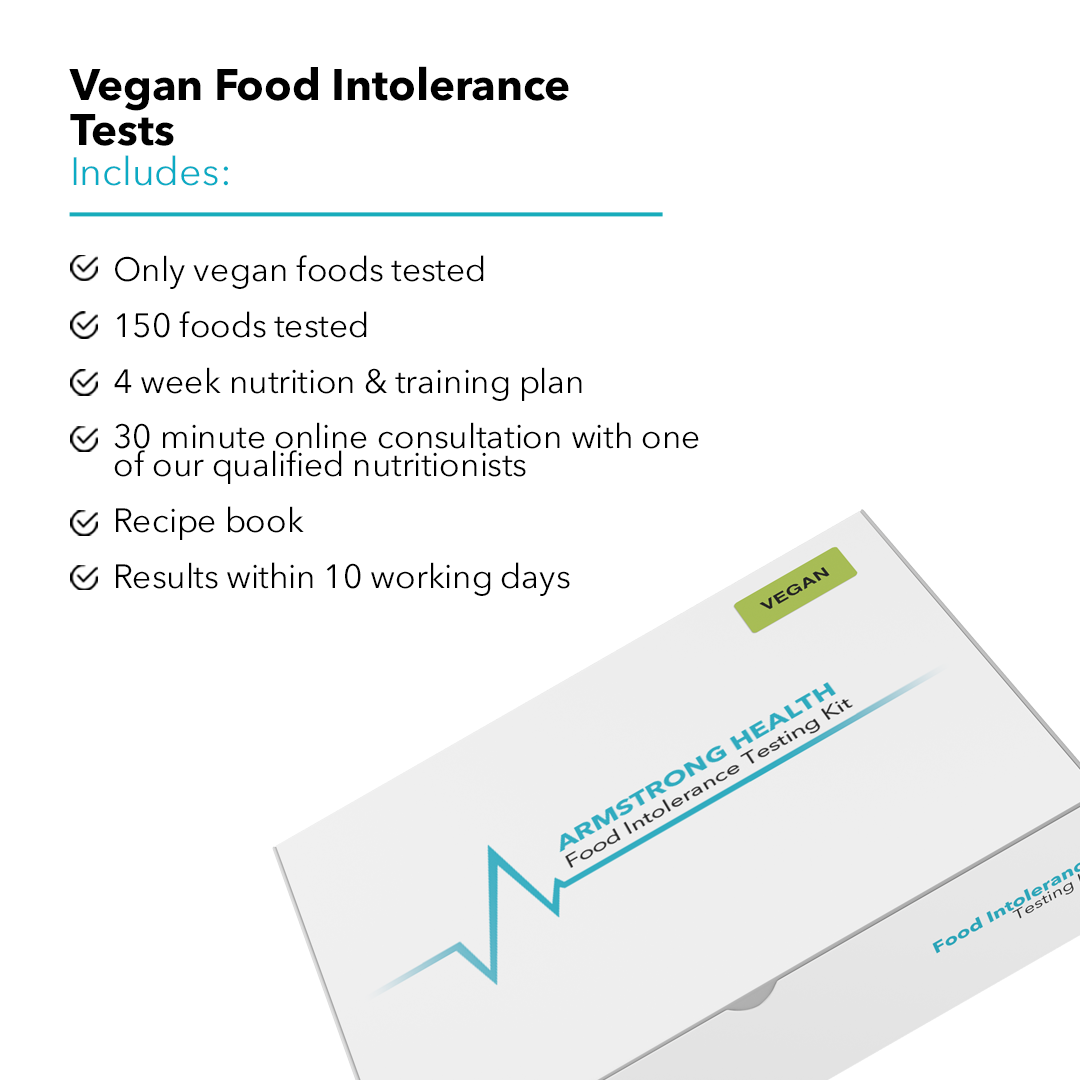As parents, one of our primary responsibilities is to ensure our children's health and well-being. Proper nutrition is a key factor in raising healthy, happy children, but hidden food intolerances can sometimes present challenges in creating a balanced, nourishing diet. Detecting and addressing food intolerances in our children is crucial, as they can significantly affect a child's growth, development, and overall well-being. Armstrong Health, offering the most comprehensive food intolerance and sensitivity tests available within the UK, provide invaluable services for parents seeking to ensure their child's nutritional needs are met while addressing any potential food sensitivities.
Food intolerances can manifest themselves in various ways in children, from digestive issues and skin problems to mood swings and difficulty concentrating. Identifying these food sensitivities and adjusting your child's diet accordingly can lead to improvements in both their physical and emotional health, setting them up for success later in life.
Through Armstrong Health' comprehensive food intolerance testing, parents can gain essential insights into their child's unique sensitivities to certain foods, allowing them to make the necessary dietary adjustments. Learn more about the connection between food intolerances and children's health, and discover the benefits of food intolerance testing in helping you navigate the complexities of parenthood. Empower yourself with the knowledge to raise healthy, happy children through careful consideration of their nutritional sensitivities.
Navigating Parenthood with Food Intolerance Testing: Tips for Raising Healthy, Happy Children
The Impact of Food Intolerances on Children's Health
Food intolerances can have significant consequences on a child's health and well-being if not properly addressed. From digestion to behaviour, food sensitivities can manifest in various ways in children, including:
- Digestive issues: Food intolerances can cause symptoms such as abdominal pain, bloating, gas, and diarrhoea
- Skin problems: Reactions to certain foods can lead to eczema, rashes, or hives
- Behavioural changes: Food sensitivities can contribute to mood swings, hyperactivity, or difficulty concentrating
Identifying food intolerances in your child and making appropriate dietary adjustments can help alleviate these symptoms and promote overall health.
Comprehensive Food Intolerance Testing: A Valuable Tool for Parents
Armstrong Health offer comprehensive food intolerance testing to help parents identify their child's unique sensitivities. The testing process is non-invasive and utilises a small sample of your child's blood, making it suitable for children of all ages.
By having a clear understanding of your child's individual food sensitivities, you can make informed decisions about their diet and work on eliminating or reducing potential triggers. This information can be invaluable in supporting your child's health and well-being.
Adjusting Your Child's Diet to Address Food Intolerances
Once you have identified your child's food intolerances through comprehensive testing, you can take the necessary steps to adjust their diet and implement a tailored nutritional plan. Consider these tips:
- Remove or reduce trigger foods: Alter your child's diet to eliminate or lessen the consumption of foods that have been identified as an issue, making sure to replace them with nutrient-dense alternatives
- Encourage a variety of whole foods: Offer your child a wide range of whole, minimally processed foods, including fruits, vegetables, and lean proteins, to ensure they receive essential nutrients for growth and development
- Prioritise gut health: Include gut-friendly foods in your child's diet, such as natural sources of prebiotics and probiotics, to support a healthy digestive system
- Seek professional guidance: Consult with a paediatric nutritionist or dietician to create a balanced, personalised diet plan tailored to your child's needs and sensitivities
A personalised, nutrient-dense diet can support your child's growth, development, and overall health while addressing food intolerances.
Additional Strategies for Supporting Your Child's Health and Well-being
In addition to adjusting your child's diet, there are other ways parents can support their child's overall health and well-being:
- Foster a positive relationship with food: Teach your child about the value of nutrition, and encourage a balanced and inclusive approach to food choices
- Encourage physical activity: Ensure your child engages in regular physical activity, including play, sports, or other age-appropriate activities to promote fitness and mental well-being
- Prioritise mental health: Encourage open conversations around feelings and emotions, and support your child in developing healthy coping strategies and stress management techniques
- Establish a consistent sleep routine: Create a regular sleep schedule and promote a sleep-friendly environment for your child to ensure they receive adequate rest and recovery each night
By focusing on comprehensive wellness strategies, you can further support your child in overcoming the challenges of food intolerances and nurturing their overall well-being.
Empowering Parents with Food Intolerance Testing and Comprehensive Wellness Strategies
Understanding the role food intolerances can play in a child's health is crucial for parents seeking to raise healthy, happy children. Comprehensive food intolerance testing from Armstrong Health provides parents with the knowledge and insights necessary to navigate the complexities of parenthood, enabling them to address potential sensitivities and promote their child's well-being.
Take charge of your child's health by exploring the benefits of food intolerance testing and embracing a tailored nutritional and wellness approach. Invest in your child's future by using the valuable information provided through comprehensive testing to ensure their diet aligns with their unique needs. Empower yourself as a parent and improve the quality of life for your child by addressing their food intolerances and supporting their overall health and development.
















